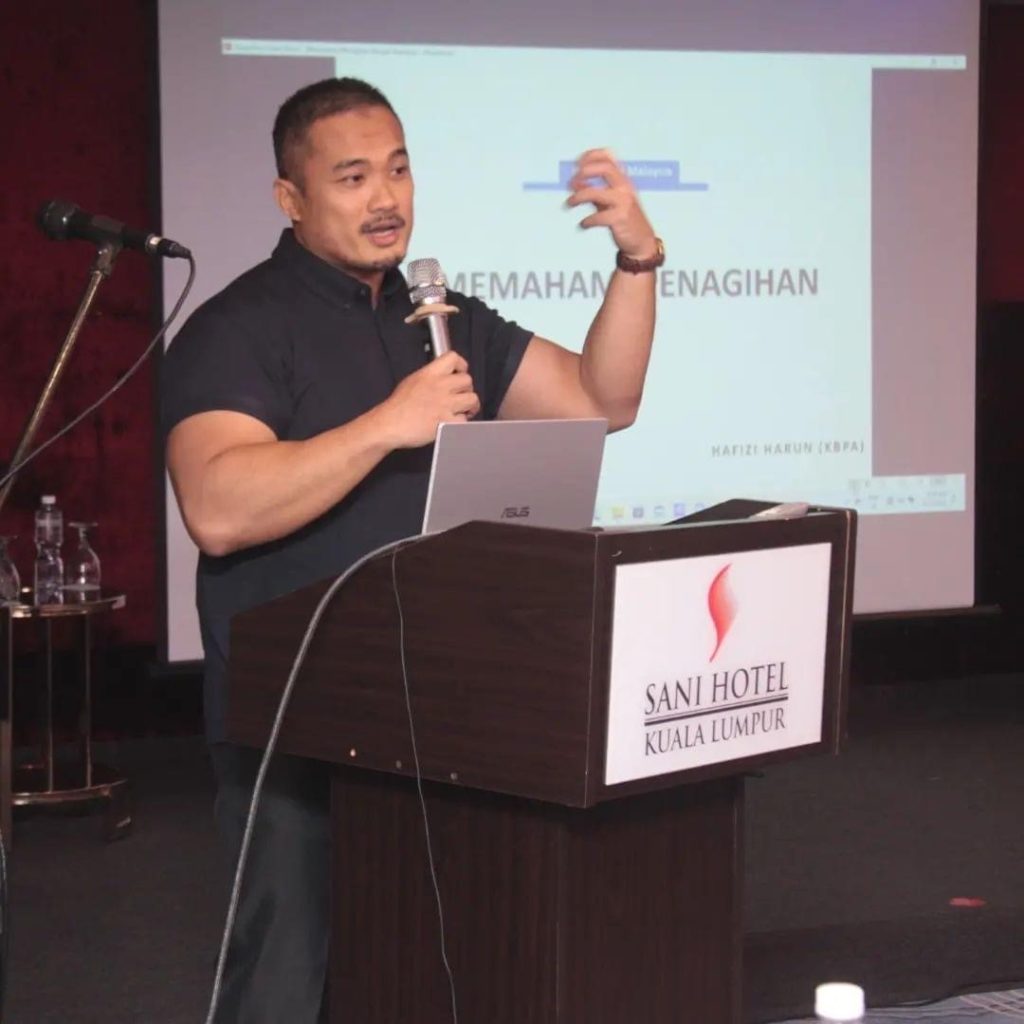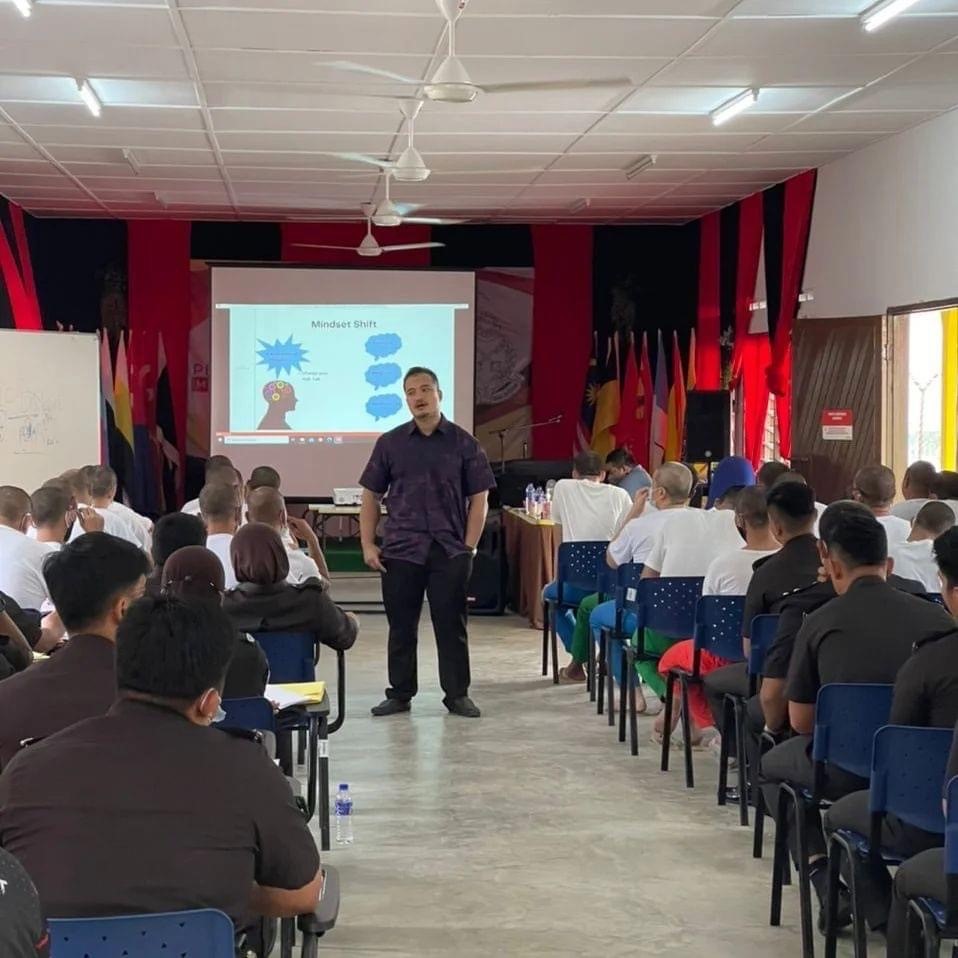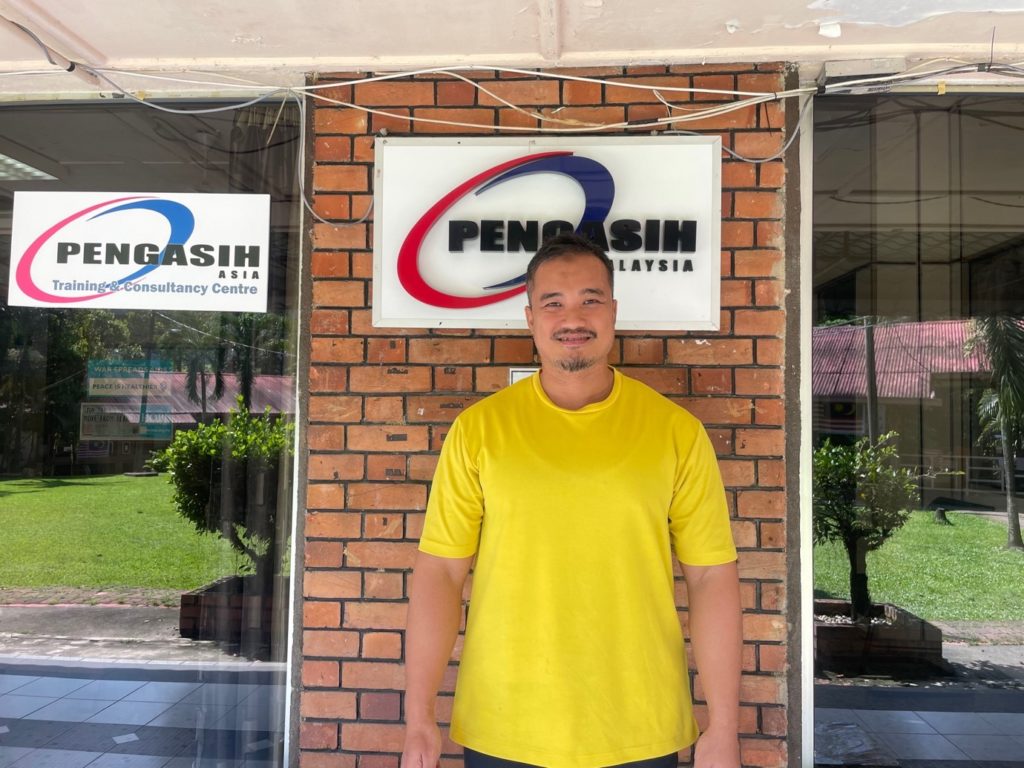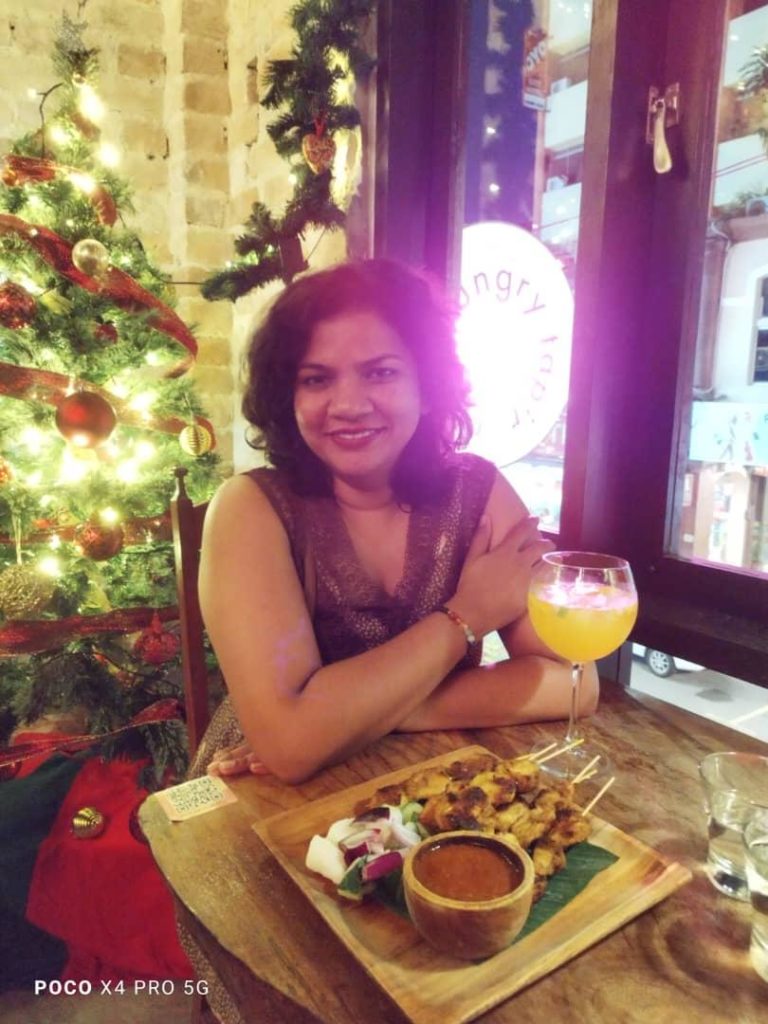
The dark alleys where drug addicts hang out is not an easy place to leave, persuasive as they are with offers of pills and jabs as an easy way out of problems, or temptations to escape from life’s drudgery, space out or experiment with mind journeys. Many remain captive throughout their lives, leading broken lives, some end in prisons, and many more in a vicious circle of crime and petty thefts to sustain their living. But beyond the pernicious side of drug addiction, often untold is the story of the addicts. People with real stories of struggle, and many a time, triumph. Nesha Pany speaks to Hafizi Harun, who is a successful trainer and coach. He was once an addict, but today he is determined to help others find their way out of the dark alleys and kick out the saying that “once an addict, always an addict.”
By Nesha Pany
KUALA LUMPUR, Jan 3 – Hafizi Harun first started experimenting with drugs at the age of 13. Raised in
a strict family, he rebelled through his younger days where he was regarded as a problematic kid.
As his working parents were unable to manage him, they sent him to live with his grandparents in Kuala Pilah, hoping he would change for the better. This however backfired as Hafizi continued truancy and his drug use, which progressively got worse. He eventually flunked Sijil Pelajaran Malaysia (SPM) and
started working as a sales assistant in Seremban.
“My father was a disciplinarian. Being brought up in a rigid environment, I had full freedom after moving to live with my grandparents in the ‘kampung’. There were no rules or punishments, in fact I could smoke cigarettes in front of them. However, my studies went down the drain and at 16, I started using needle (heroin).”
Hafizi was caught by the authority for possession of drugs at the age of 19. He was remanded by his family shortly after that where he was sent to Persatuan Pengasih Malaysia (PENGASIH), a non-profit organisation. Being there against his will, he was not keen on treatment initially.
However, Hafizi’s successful path to recovery began when he had a ‘wake up’ call after several incidences that occurred upon his admission.

“I met a lot of people who were much worse than me, but they managed to turn over a new leaf- these are people who have gone in and out of prison various times. I was inspired by them, and it made me realise that change is possible. I then decided to re-examine my life, knowing I am only 19 and that I have a bright future ahead of me.”
Determined, Hafizi stayed on in PENGASIH where later he became a volunteer. As he started conducting group sessions and motivating other clients, he felt eager to pursue this professionally. In need of SPM qualifications to meet minimum requirements, at the age of 28 Hafizi retook his SPM as a ‘calon persendirian’ or private candidate.
“I only had one year to prepare for the exams, I didn’t know how I was going to do it since I was still living in the rehab. Coincidently, we had clients who were schoolteachers and so they helped me out. Every day I spent 2 hours in the night studying after having to work in the morning, and each day I studied different
subjects. It was very challenging and required self-discipline.
“After getting through SPM, I applied to study in Universiti Kebangsaan Malaysia (UKM) for counseling psychology. I excelled through my course with flying colours where immediately after that, I was offered to do my master’s degree. Never in my wildest dream did I think this was possible, especially with my background.”
Today, Hafizi is a certified Addiction Counselor, a Professional Trainer and is currently serving as the Deputy President of PENGASIH. He has been clean from substances for almost 25 years now and is living his life’s calling by assisting people who are addicted to drugs in their recovery process. He also dedicates his time for prevention and outreach efforts while advocating for decriminalisation of drug use whereby he firmly believes in shifting the focus to treatment rather than incarceration.
“To be honest, I am quite grateful for all the things I have achieved so far. I find fulfillment and happiness in helping others and so I plan to continue being in this path in whatever capacity I can afford.”

He also made an appeal: “To those of you out there who are struggling with drug addiction, know
that you have a condition and do not be discouraged to seek help. Recovery is possible, there are a lot of people who are in recovery living the best version of their lives. You can achieve anything you want; you can be anything you want to be if you set your mind to it. Just take my story, I thought none of these were possible. However, the law of attraction worked when I set my intentions to it and focused on
what I wanted- everything else fell into place accordingly.”
The National Institute on Drug Abuse (NIDA) defines addiction as a chronic, relapsing disorder characterized by compulsive drug seeking and use despite adverse consequences. It is considered a brain disorder, because it involves functional changes to brain circuits involved in reward, stress, and self-control. Those changes may last a long time even after a person has stopped taking drugs. Factors that may affect a person’s risk of addiction include genetics, environment and life experiences. Prevention efforts and treatment approaches for addiction are generally as successful as those for other chronic diseases. (https://nida.nih.gov/publications/drugs-brains-behavior-science-addiction/drug-
misuse-addiction).

Nesha Pany is a practicing pharmacist. She works closely with the marginalised, mostly with people who are addicted to drugs and people living with HIV. She is very passionate in what she does. During her free time, she indulges in art, music and poetry.
Editor’s Note: Nesha Pany says there is a need to recognise and champion recovery. If you would like to
share your story with her, do email her at neshapany@yahoo.com